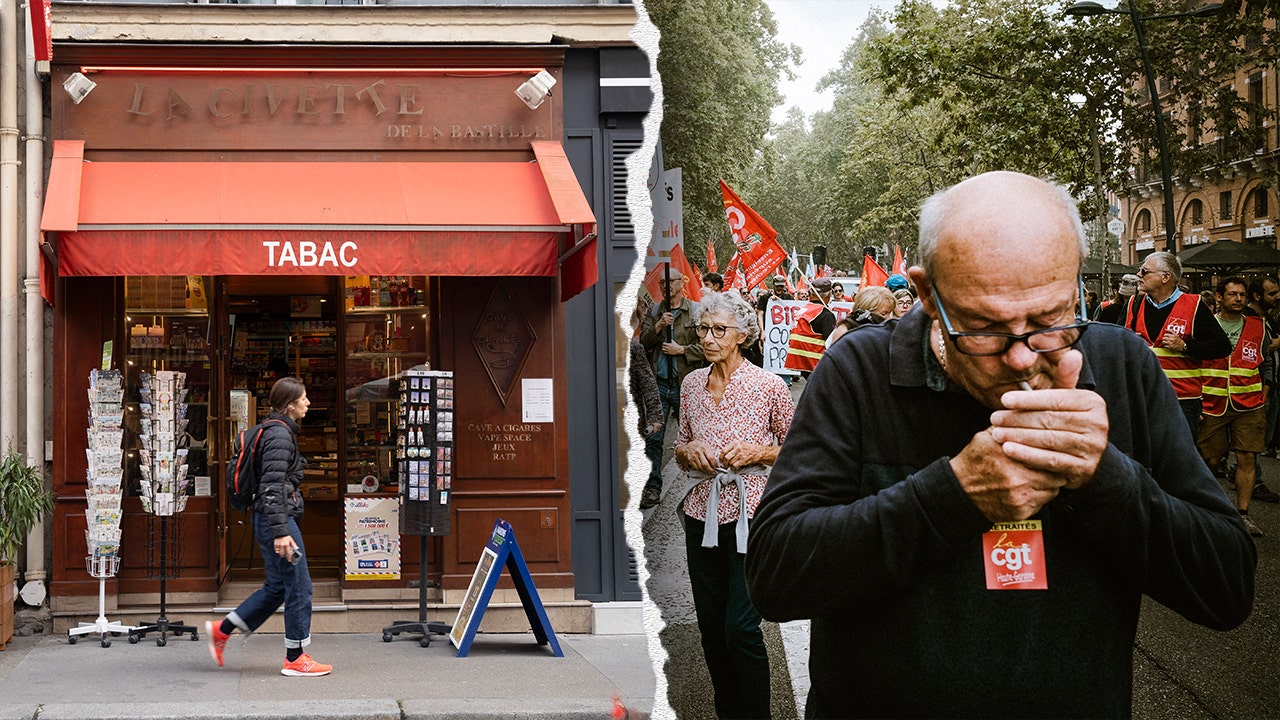European wine is not immune to what are known as “forever chemicals”, that is according to a study published on Wednesday by PAN Europe (Pesticide Action Network Europe).
The NGO’s document highlights an increase in the molecule TFA, a PFAS residue, in European bottles bought in supermarkets.
PFAS, short for per- and polyfluoroalkyl substances, are a group of thousands of synthetic chemicals. They are called “forever chemicals” because they don’t naturally break down in the environment.
The survey, carried out in 10 EU wine-producing countries, reveals levels that are sometimes 100 times higher than those found in drinking water, according to the NGO, which warns of pollution from multiple sources.
“So it’s all these fluorinated gases that we find again in our cooling systems that are very present and that are in fact emitted into the atmosphere,” explained Salomé Roynel, policy officer for PAN Europe.
“As far as groundwater contamination is concerned, we know that the main source is PFAS pesticides, because these substances are sprayed directly onto the soil, contaminate crops and end up in the groundwater,” she added.
A turning point in 1988
Through the investigation of wine, it has been possible to conduct a chronological study and to look back in time. The NGO points out that there were no traces of TFA in wine before 1988. But after that date, the increase became gradual and started accelerating from 2010 onwards.
According to PAN Europe, this switch at the end of the 1980s can linked back to the signing of the Montreal Protocol, whiched aimed to protect the ozone layer by phasing out chemicals.
“It was the Montreal Protocol that led to the use of fluorinated gases that emit TFA, and this was also the period when PFAS pesticides were developed,” Roynel pointed out.
“We can really see a clear coincidence between the growth in TFA pollution or contamination of wines and the growth in the use of fluorinated gases and PFAS pesticides.”
Toxicity to rabbit foetuses
PAN Europe also explains that it has found traces of TFA in organic wines. The NGO is therefore calling for a precautionary approach, as this molecule is “a substance that has remained off the radar for a very long time. There are very few studies on its toxicity,” Roynel admitted.
“However, recent studies conducted by the industry have shown harmful effects on rabbit foetuses, suggesting reproductive toxicity and therefore effects on foetal development,” she continued.
Roynel acknowledged that it is possible to get rid of TFA molecules. However, the technology is costly, energy-intensive and requires water. This raises the question of the subsequent use of this treated and contaminated water.
PAN Europe is using this report to call on EU Member States. The 27 are due to meet next month to negotiate the possibility of banning a PFAS pesticide.
Read the full article here

















